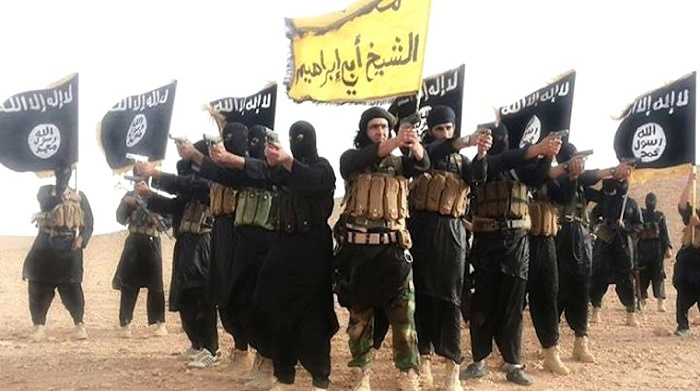The Need to Know ISIS to Defeat It

The recent incidents in France have prepared a special situation for the foreign policy of some countries to show that Saudi Arabia’s policies during the last four years have had dangerous consequences for the region and the world. During its short presence, ISIS has shown contradictory aspects of measures and actions. European Muslims have been the media frame of this movement, especially to spread violence and fear. It was assumed that the majority of this group’s members were new European Muslims, but this assumption was false and most of ISIS’ forces are locals and Muslims from Europe, Asia and former Balkan fighters. ISIS’ demographic range, its leadership, organization, scene management and war strategy require further study. There are different reasons for the presence of these groups. There were a group of trained forces in the Balkans who joined ISIS in the name of jihad, thus, this group moved towards becoming a private army in the region. But the European Muslims have joined this group due to the injustice which they suffer from in their daily lives. Local forces have entered this scene for their religious and tribal superiority and acquiring their share of power and wealth and they formed the first circle of ISIS; hope for a better future and share of political power has brought them together; it makes no difference whether they are victorious in Iraq or Syria or whether they return to their own countries. Although territorial stability does not exist and balance is constantly changing in the developments on the scene in Syria and Yemen, ISIS’ actions, especially its terrorist movements, have had numerous geopolitical impacts on the region and its countries. This method has opened the path for all other opposition groups in all countries of the region, the result of which has been the transformation of political movements into military measures and political groups turning to violence which will have negative consequences for the people and countries of the region. But in regional movements, ISIS’ strategy was to gain more land in order to increase its bargaining power so that it would be able to decide based on the future and not the past if the pressures to return the captured lands increases. Understanding the foundations of ISIS will help to find the solutions and tactics of fighting against it.
Otherwise, certainly any policy and plan which is based on lack of knowledge about the nature of this group will not have positive effects; thus, in order to fight ISIS, one must design a plan with a new strategy and view this issue as a long-term project. The following elements must be considered in the design of such a strategy and the West must review its double standard policies in general: 1. Evaluating the reasons behind the measures taken by ISIS and their regional and global impacts. 2. All countries and organizations which are involved in this matter must have a strategic, united and inclusive view of the developments on the scene and their effects and a united mechanism should be designed in this regard. 3. A strategy should be designed which could compensate for the damages inflicted by ISIS’ measures. 4. A final strategy must be founded on active intervention to manage the developments on the scene and reduce the regional and global impacts of ISIS’ measures through bringing other political and operational factors and parameters or creating sideline pressures on the involved countries and cutting off material and spiritual support for this group.

